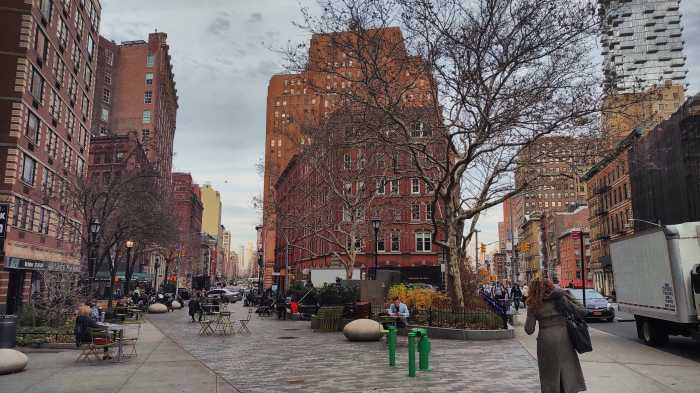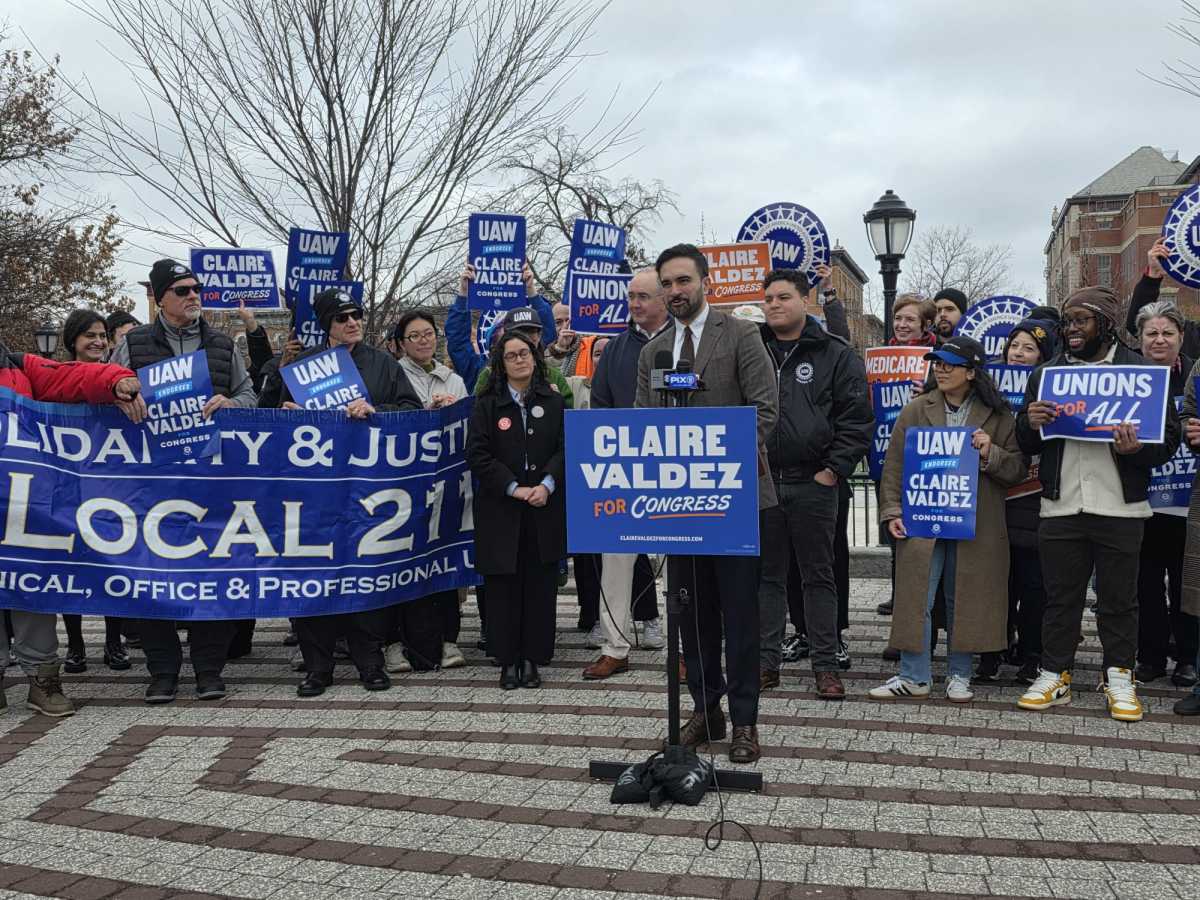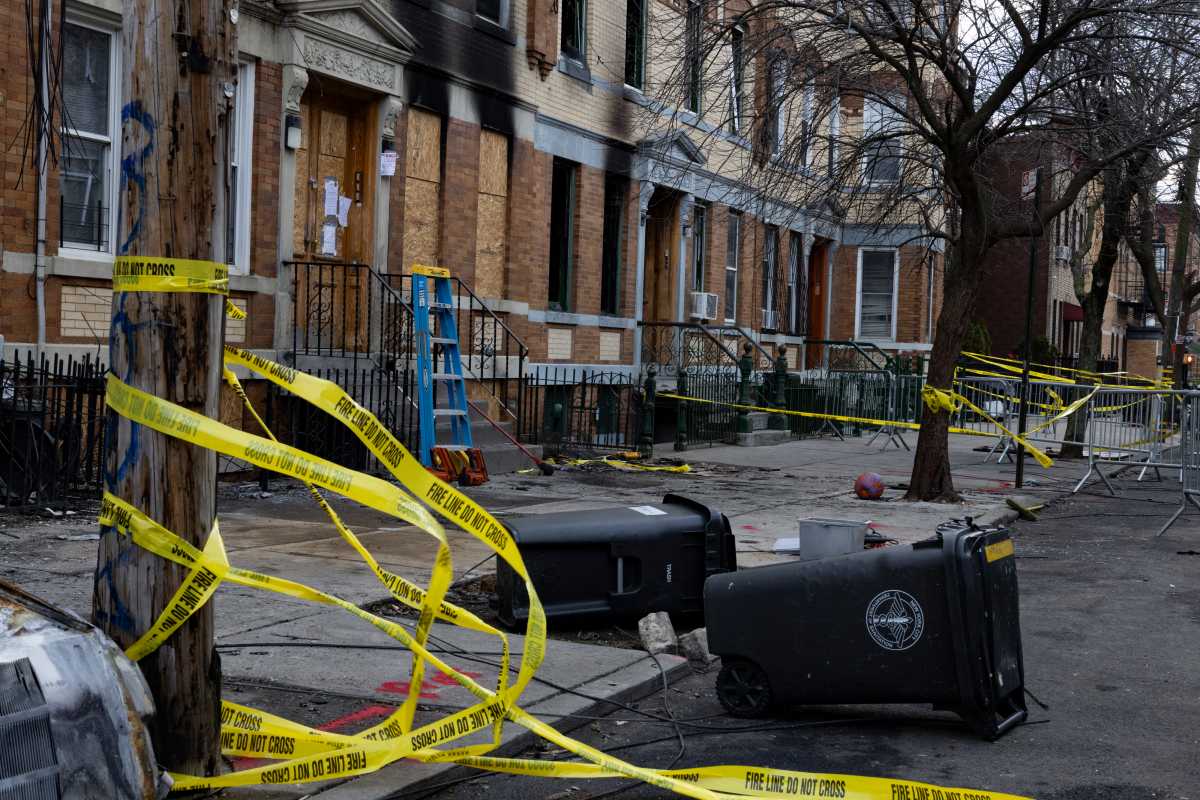Rents are about to get more expensive for thousands of New Yorkers every year, all while destroying the livelihoods of rental brokers everywhere, thanks to Brooklyn City Council Member Chi Ossé and his colleagues at City Hall.
Council Member Ossé is the chief architect of a bill designed to change how rental broker fees are paid, known as the “Fairness in Apartment Rental Expenses Act,” which passed the City Council this week. This law will make it more challenging for brokers to get fairly compensated and encourage owners to offset the cost of services home searchers rely on through rent. This is different from the current system, which allows for the payment of the fee to be directly negotiated between the broker and tenant.
The legislation states that if a broker advertises a listing, it is assumed that they will be paid by the owner, which is often not true. Brokers are often given the right to advertise homes but are not actually hired by the owner. This is the case for more than half of online listings, and since a broker is not going to invest their time advertising an apartment without an agreement that they will be paid by the owner, these listings will vanish if this bill passes. This will make life miserable for small property owners like myself, who without brokers would have to market properties by word of mouth and/or with minimal resources for potential tenants.
There are dozens of seemingly minor, yet incredibly important, aspects of the rental process that brokers handle with ease. Council Member Ossé’s bill will result in fewer brokers, making it considerably more difficult for small property owners to rent properties, skewing the rental playing field towards richer, better-connected New Yorkers, and unapologetically raising rents.
Council Member Ossé admits that increased rents are a likely outcome of his bill, but does not see that as a problem. In fact, he suspects that some tenants might prefer to pay their broker fee a little bit at a time in their rent rather than as one lump sum.
“Also, to address the fear that landlords who pay the fee would simply pass the costs onto tenants: It should be noted that even if some portion of the cost were passed onto tenants as rent, it would be distributed over the course of 12 or 24 months, alleviating the prohibitive upfront costs,” said Council Member Ossé in his own press release announcing his bill.
While at first glance this may seem like a win for tenants, it fails to acknowledge economic realities. If broker fees were baked into rents, that means tenants would have to pay each time they re-sign their lease. Worse still, it would mean annual rent increases would be calculated based on these inflated figures. Over time, this is a massive ongoing expense for renters rather than a one time fee.
Most landlords require renters to make at least 40 times the monthly rent. If rents increase as a result of this legislation, many renters would not qualify for apartments or would struggle to stay in them. At a time when wages have not been keeping up with the cost of living or inflation, Council Member Ossé’s bill will only make finding an apartment much more difficult for hardworking New Yorkers.
Beyond renters, the bill is also a personal affront to the tens of thousands of real estate professionals in New York City. Many brokers are also working-class renters who are just as impacted by the current housing crisis. Starting wages for real estate agents in the City are about $52,000 per year, which is why many rely on broker fees to support themselves.
Council Member Ossé’s bill essentially discourages the use of brokers, taking away much-needed commission opportunities. This would not only hurt the livelihood of hardworking agents but would also dismantle an entire professional sector. Fewer brokers would also mean renters would be left to navigate the system on their own, which would likely give wealthier, savvier renters a significant leg up in the housing game.
Brokers don’t just unlock doors – they perform several vital services that help renters secure apartments. They are responsible for: managing online listings and ensuring each has correct information, handling apartment showings, coordinating and negotiating leases, facilitating the rental application process and overseeing tenant and landlord communications. All these resources are to the benefit of tenants and are now threatened by this bill.
For small property owners like myself, absorbing these responsibilities would be next to impossible. We rely on the expertise of licensed agents to help us navigate these processes. Council Member Ossé’s bill disincentives owners, and especially small owners, from using brokers. The renting process would only become much more confusing and onerous for prospective tenants without the help of brokers.
The FARE Act is a disaster for New York City.
Mr. Lumumba is a property owner from Harlem who owns multiple small buildings with his wife in the community in which he was born and raised. He purchased his first property in 1985, which he renovated and rehabilitated despite encountering obstacles with financing







































